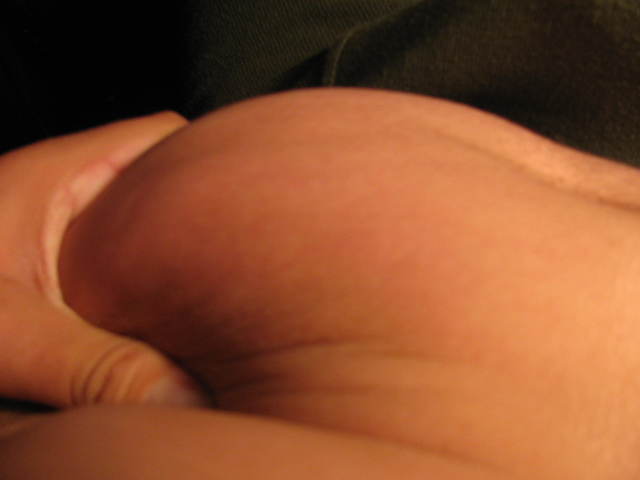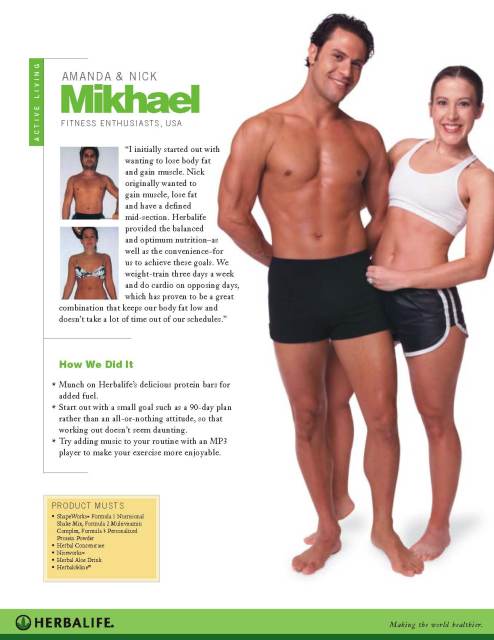How do emotions influence the digestion?
Question
QUESTION: Hello. Is there any good science, written in a lay presentation, that connects personality, attitude and emotions to the digestion and assimilation of food resulting in nutrition and health?
Thanks, -Jim S.
ANSWER: Dear Jim,
Thank you for the great question!
Though information concerning the opposite problem -- influence of nutrition on personality, emotions, etc. -- is abundant, the other way around remains less evident. Meanwhile, inseminating works of Nobel prize winner, Russian physiologist Ivan Pavlov demonstrated that strong emotional reactions may alter general digestive functions. A close relationship between emotional state and these functions is repeatedly reported in patients with irritable bowel syndrome.
But! As is stated in an article published in the Brain journal (Vol. 126, No. 3, 669-684, March 2003) "However, to date, no study has examined the extent to which an emotional context modulates the central processing of visceral sensation."
Visceral sensation is conscious or unconscious feeling of the processes occurring inside the body, e.g., in the digestive system, which influence the very digestive process, including speeding up or slowing down the food bulk transition through the gastro-intestinal tract thus affecting the nutrient availability for absorption.
Just two recent works to demonstrate the emotion connection with eating:
Black girls had significantly higher emotion-induced eating scores than white girls. However, for white girls, but not for black girls, emotion-induced eating was associated with increased intake of sugar (International Journal of Eating Disorders, Volume 25, Issue 4 , Pages 389 - 398)
Study conducted by Institute for Psychology, University of Wurzburg, Germany, explored associations of positive and negative emotions with eating. Volunteers were beeped 10 times daily for a weeks. Upon each signal, participants rated their emotional state and indicated whether they had eaten during the previous 15 minutes. In 145 situations subjects reported having eaten. 37 percent of eating occurred in emotionally positive situations while 30 percent associated with negative emotions. Researchers concluded that positive emotions may play a stronger role in the relationship between emotions and eating (Ecology of Food and Nutrition, Volume 43, Issue 4 July 2004 , pages 11 - 21)
Suggested reading
Diet Personality Assessment
http://dietandbody.com/diet_reviews/2007/01/diet-personality-assessment.html
Food and Mood
http://bestlowcarbs.com/article1012.html
= Tanya Zilberter
---------- FOLLOW-UP ----------
QUESTION: Thank you for your interesting reply. Let me ask your opinion, then: If something upsets you after a meal do you think digestion will be impaired? Will digestive enzymes not be adequately released? Will the muscles that surround capillaries restrict themselves and result in poor assimilation. Would this also be true of stressful physical activity that was transitory in nature, such as some sports? (I am not speaking of prolonged activity that would actually draw blood away from the alimentary canal to the skeletal muscles.)
- Jim S. (not a Ph.D)
ANSWER: Yes. From this standpoint, we can view the situation in terms of 'fight or flight' state. The matter is, we have two competing peripheral nervous systems: sympathetic and parasympathetic -- the first taking over in emergency situations and the second controlling bodily functions when there's no immediate danger or stress.
Under the sympathetic control, all functions that are not immediately working to save your life are being suppressed and the digestion is among them.
= TZ
---------- FOLLOW-UP ----------
QUESTION: Yes, that is what I thought. If in an otherwise calm state how long do you think it would take full digestion to come back "on line" after, say, 20 minutes or so of very heavy resistance training? Just give me a broad estimate in your opinion.
Much thanks, -Jim S.
Jim,
I think 2 hours is commonly accepted estimation of average recovery time. However, during these 2 hours a lot of things change gradually, including food preference, appetite, hunger, etc. For one thing, endurance training seems to be associated with shifting choices of nutrient intake from carbs to fats (see details at http://dietandbody.com/article1192.html )
= TZ
Related Articles
-
Lose weight and eating good
QuestionAge: 16 Female Im an athlete(x country,track & field;long
-
Loose Skin after Weight Loos
QuestionHello Laura: Thank you for taking the time to read my qu
-
overweight teen
QuestionLaura, I am 17 and 312 pounds and im 56 it is very hard f
-
black olives
Questioni was just wondering if black olives are good for you???
-
Rice Vs Pasta
QuestionIs one of the above grains better for you than the other?
-
Meal planning and starvation mode
QuestionMy friend is trying to lose wieght and is seeking my advi




